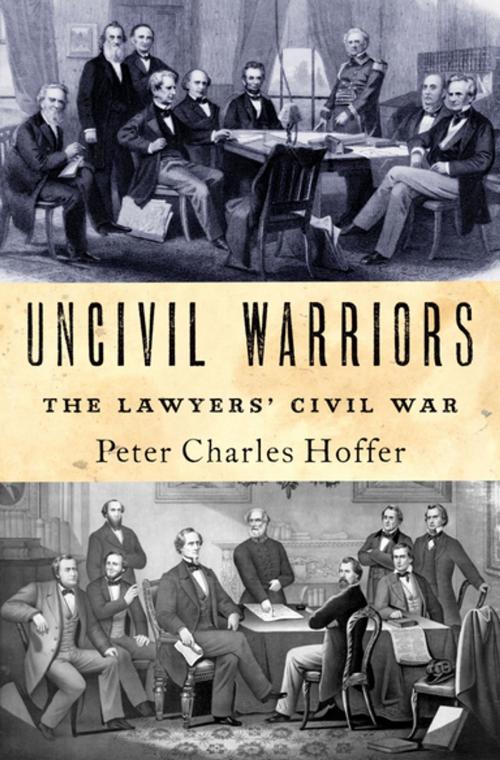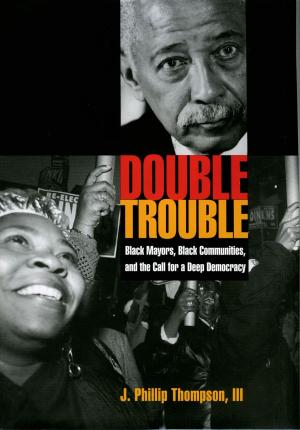Uncivil Warriors
The Lawyers' Civil War
Nonfiction, Reference & Language, Law, Legal History, History, Americas, United States, Civil War Period (1850-1877)| Author: | Peter Hoffer | ISBN: | 9780190851781 |
| Publisher: | Oxford University Press | Publication: | May 1, 2018 |
| Imprint: | Oxford University Press | Language: | English |
| Author: | Peter Hoffer |
| ISBN: | 9780190851781 |
| Publisher: | Oxford University Press |
| Publication: | May 1, 2018 |
| Imprint: | Oxford University Press |
| Language: | English |
In the Civil War, the United States and the Confederate States of America engaged in combat to defend distinct legal regimes and the social order they embodied and protected. Depending on whose side's arguments one accepted, the Constitution either demanded the Union's continuance or allowed for its dissolution. After the war began, rival legal concepts of insurrection (a civil war within a nation) and belligerency (war between sovereign enemies) vied for adherents in federal and Confederate councils. In a "nation of laws," such martial legalism was not surprising. Moreover, many of the political leaders of both the North and the South were lawyers themselves, including Abraham Lincoln. These lawyers now found themselves at the center of this violent maelstrom. For these men, as for their countrymen in the years following the conflict, the sacrifices of the war gave legitimacy to new kinds of laws defining citizenship and civil rights. The eminent legal historian Peter Charles Hoffer's Uncivil Warriors focuses on these lawyers' civil war: on the legal professionals who plotted the course of the war from seats of power, the scenes of battle, and the home front. Both the North and the South had their complement of lawyers, and Hoffer provides coverage of each side's leading lawyers. In positions of leadership, they struggled to make sense of the conflict, and in the course of that struggle, began to glimpse of new world of law. It was a law that empowered as well as limited government, a law that conferred personal dignity and rights on those who, at the war's beginning, could claim neither in law. Comprehensive in coverage, Uncivil Warriors'focus on the central of lawyers and the law in America's worst conflict will transform how we think about the Civil War itself.
In the Civil War, the United States and the Confederate States of America engaged in combat to defend distinct legal regimes and the social order they embodied and protected. Depending on whose side's arguments one accepted, the Constitution either demanded the Union's continuance or allowed for its dissolution. After the war began, rival legal concepts of insurrection (a civil war within a nation) and belligerency (war between sovereign enemies) vied for adherents in federal and Confederate councils. In a "nation of laws," such martial legalism was not surprising. Moreover, many of the political leaders of both the North and the South were lawyers themselves, including Abraham Lincoln. These lawyers now found themselves at the center of this violent maelstrom. For these men, as for their countrymen in the years following the conflict, the sacrifices of the war gave legitimacy to new kinds of laws defining citizenship and civil rights. The eminent legal historian Peter Charles Hoffer's Uncivil Warriors focuses on these lawyers' civil war: on the legal professionals who plotted the course of the war from seats of power, the scenes of battle, and the home front. Both the North and the South had their complement of lawyers, and Hoffer provides coverage of each side's leading lawyers. In positions of leadership, they struggled to make sense of the conflict, and in the course of that struggle, began to glimpse of new world of law. It was a law that empowered as well as limited government, a law that conferred personal dignity and rights on those who, at the war's beginning, could claim neither in law. Comprehensive in coverage, Uncivil Warriors'focus on the central of lawyers and the law in America's worst conflict will transform how we think about the Civil War itself.















